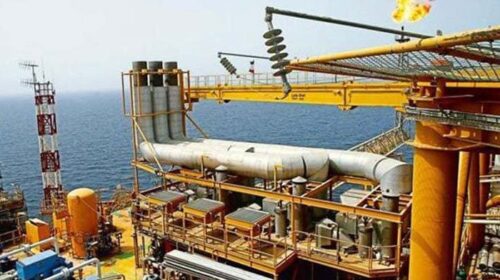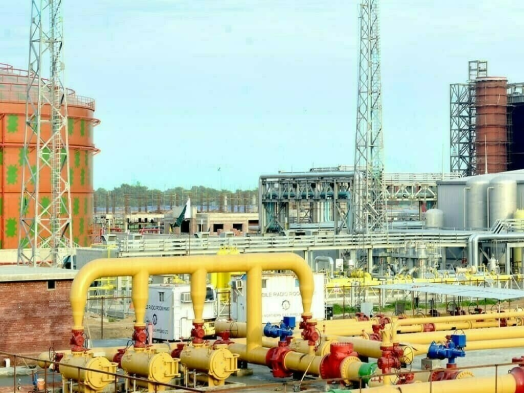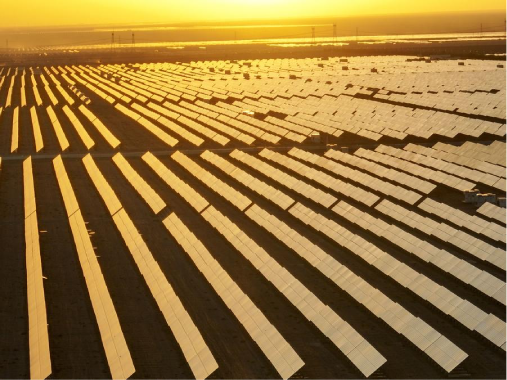Pakistan’s oil import bill soared nearly two-fold in the first four months of the current fiscal year, fueled largely by both higher global prices and increasing domestic demand.
In the months (July-October FY2022) under review, fuel import bill registered almost 96 percent growth by going up to $6.197 billion compared to $3.168 billion in the same months in the last fiscal (FY2021).
“Global oil and RLN (regasified liquid natural gas) prices mainly pushed up the cost of imports of petroleum products,” analysts believed and pointed out that growth in domestic demand of these commodities also factored in the higher import bill of petroleum products.
“The coming one to two quarters will be tough in terms of petroleum products imports as prices are unlikely to see a sharp decline,” Alpha Beta Core’s Khurram Schehzad anticipated. Tahir Abbasi, Head of Research at Arib Habib Limited, said oil prices in international market might see a slight decline but could not expect a significant decrease in the coming months.
Petroleum imports in October soared to almost 91 percent to $1.604 billion against $840 million in the same month last year, whereas it posted 6.54 percent growth over September of this fiscal when the country had imported $1.505 billion worth of petroleum goods.
“Petroleum prices in the international market have contributed significantly to the higher value of the imports of petroleum products; however growth has also been seen in the volumes due to rising demand of these goods in the country,” said Abbas.
He pointed out that international oil prices witnessed 80 percent growth in the first four months of this fiscal compared to same period last year, which made the import of these products costlier for a country like Pakistan, which was highly dependent on the imported oil for the domestic needs.
He added that domestic demand of oil products also saw ten percent growth in the months under review, which led to more imports. “Another factor is growing prices of RLNG in the global market, which surged by a massive 111 percent in the four months of fiscal against the same months of last year,” Abbas said.
Pakistan is importing RLNG from the international market to meet its energy needs as local production is sufficient to only seventy percent of the domestic demand. According to data released by Pakistan Bureau of Statistics (PBS), the import of refined petroleum products registered 92 percent growth to $2.894 billion against $1.507 billion.
Country imported $1.620 billion worth of crude oil in the months under review against $879 million in the corresponding months of last years, registering 84 percent growth. Likewise, LNG (liquefied natural gas) import surged 132 percent to $1.5 billion against $645 million in July-October period of the last fiscal.





